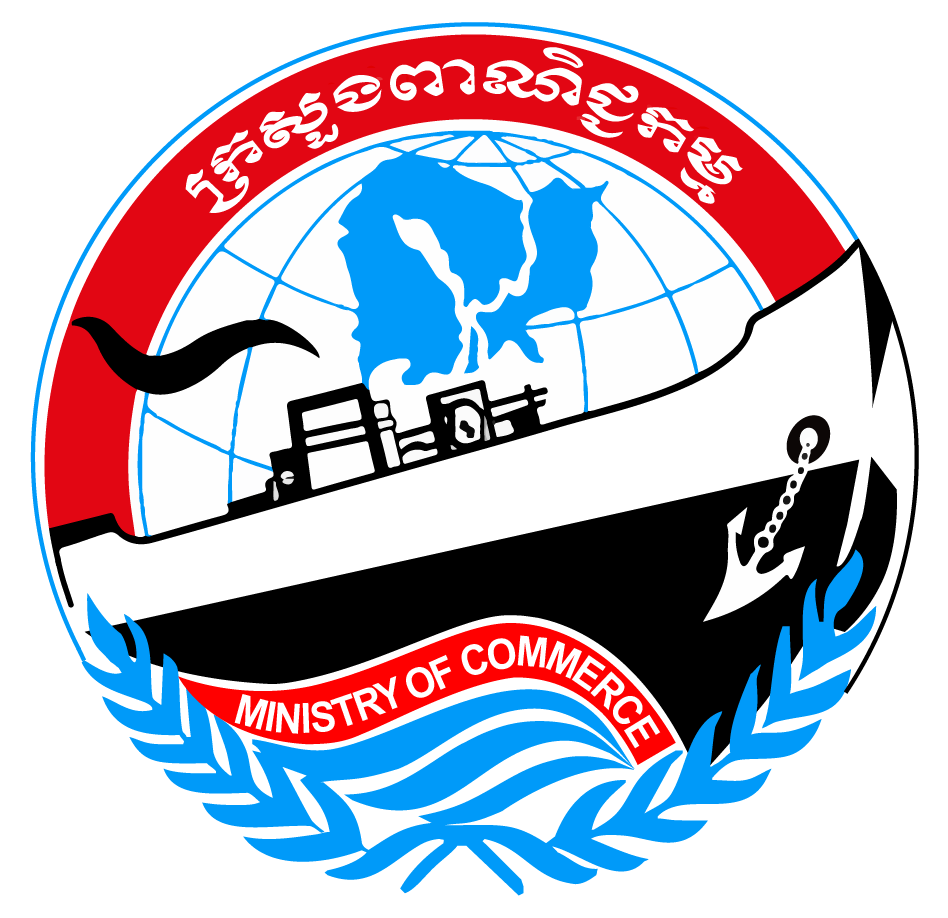Issue Description
As Cambodia’s economy becomes more consumer-driven, legislation is required to protect and promote the interests of consumers, enabling them to make informed purchasing decisions and ensure a fair and competitive market for businesses. Consumer protection in Cambodia faces several challenges, including the prevalence of counterfeit and substandard products, inadequate product labelling and packaging, and weak enforcement. These issues can lead to health and safety risks for consumers, particularly in the pharmaceutical and food industries. Additionally, consumers often lack awareness of their rights and access to effective means of redress in the event of harm caused by faulty products.
The ASEAN (Association of Southeast Asian Nations) Strategic Action Plan for Consumer Protection 2016-2025 (ASAPCCP) aims to strengthen consumer protection by promoting the development and enforcement of laws and regulations, improving product safety standards, increasing consumer awareness and education, and enhancing access to effective dispute resolution mechanisms. It also emphasises the importance of cross-border cooperation and information sharing among member states to address issues such as counterfeit and substandard products. By implementing the ASAPCP, Cambodia and other ASEAN member countries can improve consumer protection and promote a safer and more reliable marketplace for all.
Impact on business
The ongoing challenges regarding consumer protection in Cambodia can have significant risks for both the business environment and society as a whole. Firstly, it can lead to the proliferation of counterfeit and substandard products, which can pose serious health and safety risks to consumers. This can damage consumer trust and confidence in the marketplace, leading to reduced demand for products and services, and negatively impacting business growth.
Secondly, it can result in a lack of legal recourse for consumers in the event of harm caused by faulty products, leading to negative social and economic consequences.
Thirdly, it can deter foreign investment by companies that prioritise consumer protection and ethical business practices, limiting economic growth and job opportunities.
Recommendation
- Consult with the private sector to increase consumer protection in Cambodia.
Promoting consumer protection is essential for ensuring a healthy and sustainable business environment in Cambodia, as well as safeguarding the welfare and rights of consumers and society as a whole.
The formation of EuroCham’s Fast Moving Consumer Goods (FMCG) committee has the main objective of achieving clarification, consultation, and collaboration with relevant government ministries, to ensure fair implementation and enforcement of existing regulations and the promotion of the ASAPCP in Cambodia. The committee seeks to address the following three main pillars, with a possibility of dividing the pillars into subgroups:
- More clarification of consumer-end information. As information for end-consumers is important to ensure informed purchasing decisions, the committee seeks to clarify labelling and advertising requirements and to push for harmonisation of the QR code on packaging. Currently, many ministries are interested in the topic with different requirements, which is creating confusion;
- Enforcement and prevention of illicit trading. As route-to-market and cross-border trade develops, illicit trading is increasing in Cambodia, ignoring the exclusive distribution licence issued to official importers and distributors. This issue impacts the official tax receivable of the country and threatens the presence of compliant businesses that fully comply with the tax structure of the industry. Furthermore, the official importer and distributor is unable to be responsible for the quality of the illicit trade products to end consumers. As such, the committee aims to address the issue with the CCF and CCCC on the questions of food and beverage products, and collaborate with government ministries to enforce official and compliant importation and distribution in Cambodia;
- Minimum purchasing age for alcohol and tobacco products. Cambodia remains as one of the last few countries in the world without a legal purchasing age for alcoholic products. At the same time, enforcement of underage consumption of tobacco products is also not strongly implemented. The committee is very concerned with the current situation as it does not protect the well-being of minors and projects a negative image of the country. The committee would like to consult with different government ministries on implementing strict age guidelines and collaboration on enforcement policies within the Kingdom of Cambodia.
As responsible corporate citizens, we respectfully recommend the Royal Government of Cambodia (RGC) to collaborate with EuroCham’s FMCG Committee to address and implement policies for the above-mentioned concerns. Through strong enforcements, we believe that the RGC will ensure a fair and competitive business environment, while ensuring the best interests of end-consumers.
Royal government of Cambodia
Initiative from Eurocham: The issue has been raised by the FMCG Committee within the The White Book edition 2024 in the Recommendation No. 49.

National Counterparts

Ministry of Commerce

